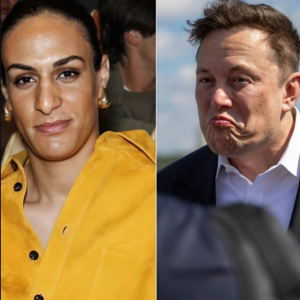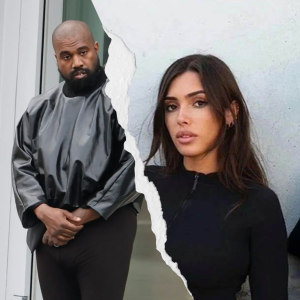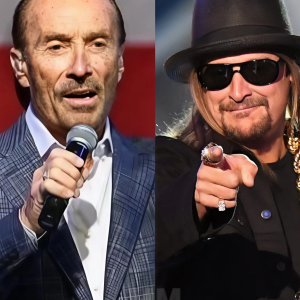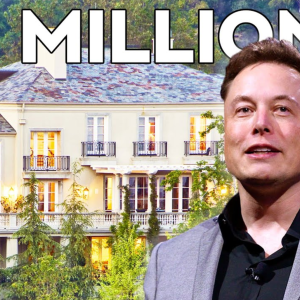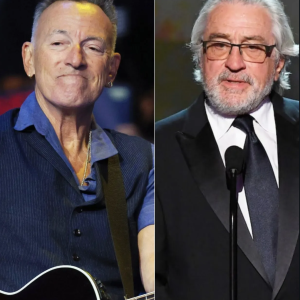In a bold move that has sent shockwaves through Hollywood, actor Mark Wahlberg has publicly announced his decision to turn down a multi-million dollar project with Disney.
The actor cited his refusal to collaborate with what he termed “woke companies” as the primary reason for his departure
sparking intense debates about the intersection of entertainment, corporate culture, and personal values.
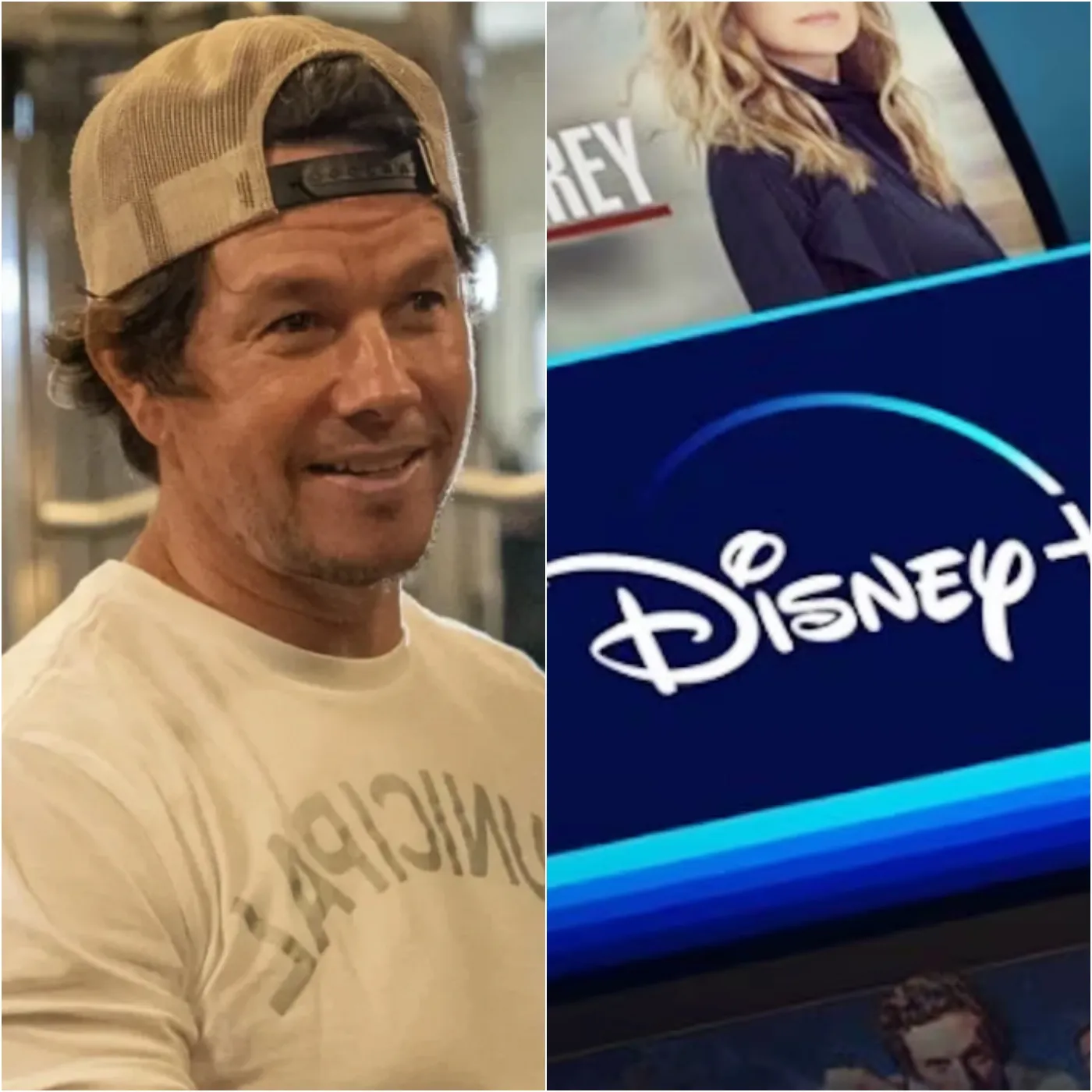
Wahlberg’s comments reflect a growing trend among some celebrities and public figures who are increasingly vocal about their opposition to what they perceive as “woke” culture in the entertainment industry. His rejection of the Disney project is framed as part of a broader movement advocating for traditional values and against what he sees as ideological conformity in Hollywood.
In a recent interview, Wahlberg stated, “I don’t work with woke companies. I believe in creating content that resonates with real people and reflects authentic values.” This statement has garnered both support and criticism, highlighting the divide in public opinion on the role of corporate responsibility and social issues in entertainment.
Wahlberg’s decision to turn down a lucrative project with one of the world’s largest entertainment conglomerates is significant. Disney, known for its family-friendly content and efforts to promote diversity and inclusion, represents a major player in the industry. By rejecting their project, Wahlberg positions himself as a critic of the current trend toward progressive storytelling and representation in film and television.
The implications of Wahlberg’s decision extend beyond his career. It raises questions about the future of collaborations between Hollywood stars and major studios, particularly in an era where social issues increasingly influence content creation. Some industry insiders speculate that his stance may limit his opportunities in an industry that is progressively aligning itself with social justice initiatives.
Reactions to Wahlberg’s decision have been polarized. Supporters laud him for standing up for his beliefs and resisting what they view as a coercive ideological agenda. “It’s refreshing to see an actor who prioritizes authenticity over corporate dictates,” said one fan on social media.
Conversely, critics argue that Wahlberg’s stance is counterproductive and undermines the efforts of artists striving for inclusivity in storytelling. Many believe that embracing diverse perspectives is essential for the growth and evolution of the entertainment industry. A representative from a prominent film studio commented, “Rejecting opportunities for artistic collaboration based on ideological differences is a disservice to the creative process.”
Wahlberg’s comments and decision to reject the Disney project tap into a broader cultural conversation about the influence of “woke” culture in various industries. Many individuals, particularly in the entertainment sector, are grappling with the balance between creative expression and social responsibility.
As public discourse evolves, the lines between artistic freedom and corporate accountability become increasingly blurred. Wahlberg’s rejection of a major studio’s project is emblematic of a larger conversation about how personal beliefs and values intersect with professional opportunities in a rapidly changing cultural landscape.
As Mark Wahlberg navigates the fallout from his decision, the entertainment industry must consider the implications of celebrity activism and the rejection of “woke” culture. The future of Hollywood may depend on its ability to foster an environment that encourages open dialogue and collaboration while respecting diverse perspectives.
In an era marked by rapid social change, it is essential for artists and creators to find common ground, allowing for the exploration of complex narratives that resonate with a wide audience. Wahlberg’s bold stance serves as a reminder of the ongoing cultural struggle in Hollywood and the potential consequences of taking a stand in today’s polarized environment.
Mark Wahlberg’s rejection of a multi-million dollar project with Disney underscores the complexities of navigating personal beliefs within the entertainment industry. As he stands firm against what he perceives as “woke” culture, his decision has sparked significant dialogue about the future of storytelling and the values that shape it.
Whether this move will impact Wahlberg’s career or the broader industry remains to be seen, but it undoubtedly reflects the growing tension between traditional values and contemporary social issues in Hollywood. As the entertainment landscape continues to evolve, the challenge lies in creating content that is both authentic and inclusive, fostering a culture of understanding and collaboration among artists and audiences alike.
